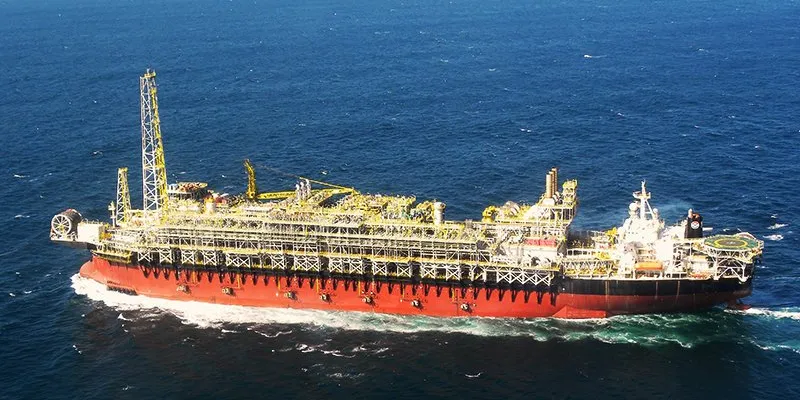Revolutionary Fuel Cell Technology Set to Power FPSO by 2026: A Game-Changer for Offshore Energy

The offshore energy sector is poised for a significant transformation with the upcoming deployment of a world-first solid oxide fuel cell (SOFC) unit on a Floating Production Storage and Offloading (FPSO) vessel by 2026. This groundbreaking initiative, spearheaded by Modec and leveraging technology manufactured at Eld Energy's facility in Bergen, Norway, marks a pivotal step towards sustainable and efficient power generation in challenging offshore environments.
What is SOFC Technology and Why is it Important?
Solid Oxide Fuel Cells represent a cutting-edge energy technology that converts chemical energy into electrical energy with remarkable efficiency and minimal emissions. Unlike traditional power sources that rely on combustion, SOFCs utilize a solid electrolyte to facilitate the electrochemical reaction, producing electricity, water, and a small amount of heat. This process results in significantly lower greenhouse gas emissions and reduced reliance on fossil fuels.
The FPSO Deployment: A Proof of Concept
The installation of the SOFC unit on an FPSO – a large, specialized vessel used for the production and storage of offshore oil and gas – is a crucial demonstration of the technology's viability and adaptability. FPSOs typically rely on diesel generators for power, which are noisy, polluting, and contribute significantly to carbon emissions. Replacing these generators with a cleaner, more efficient SOFC system offers a compelling solution for reducing the environmental footprint of offshore operations.
Benefits of SOFCs for Offshore Applications
- Reduced Emissions: SOFCs produce significantly lower emissions compared to diesel generators, contributing to a cleaner offshore environment.
- Improved Efficiency: SOFCs offer higher energy conversion efficiency, leading to lower fuel consumption and operational costs.
- Quiet Operation: SOFCs operate much quieter than diesel generators, reducing noise pollution in the marine environment.
- Fuel Flexibility: SOFCs can utilize various fuels, including natural gas, biogas, and hydrogen, providing greater operational flexibility.
Eld Energy's Role and Norwegian Expertise
Eld Energy's facility in Bergen, Norway, plays a vital role in this project, manufacturing the SOFC unit to the highest quality standards. Norway's long-standing expertise in offshore technology and renewable energy makes it an ideal location for developing and deploying innovative solutions like SOFCs.
Looking Ahead: A Sustainable Future for Offshore Energy
The successful deployment of the SOFC unit on the FPSO is expected to pave the way for wider adoption of this technology in the offshore sector. As the demand for cleaner energy solutions continues to grow, SOFCs offer a promising pathway towards a more sustainable and environmentally responsible offshore energy industry. This project represents not just a technological advancement, but a commitment to a greener future for the global energy landscape. Further research and development will focus on scaling up SOFC technology and integrating it with renewable energy sources like wind and solar power to create truly zero-emission offshore power systems.






